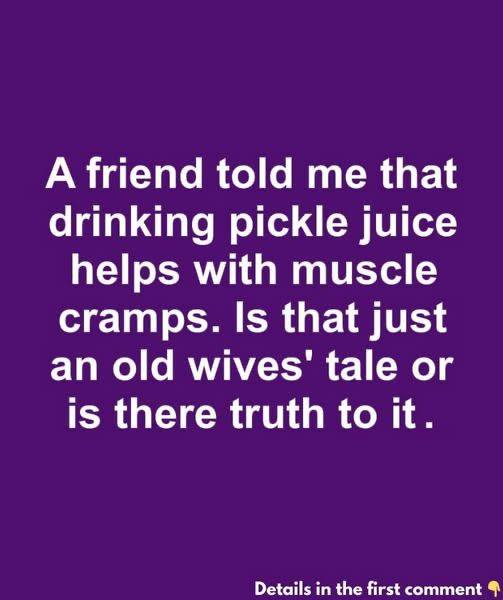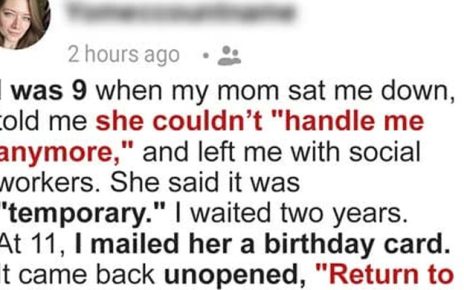Muscle cramps can be triggered by dehydration, low electrolytes, overuse, or nerve issues—and they often strike without warning. That’s why so many people swear by quick fixes like pickle juice. The briny liquid became popular among athletes who claimed it relieved cramps almost instantly, but the question remains: does it actually work?
Research suggests pickle juice doesn’t work by replenishing electrolytes—there isn’t enough time for that during a cramp. Instead, scientists point to the vinegar it contains. Acetic acid stimulates receptors in the mouth and throat, which can disrupt the nerve misfires causing the muscle to contract. In other words, it “short-circuits” the cramp at its source.
If you want to try it, just 2–3 ounces is usually enough. Drink it quickly when a cramp starts, and many report relief within 30 seconds to a few minutes. Still, it’s best used sparingly since it’s high in sodium and can aggravate issues like acid reflux or high blood pressure.
While pickle juice can provide fast relief, it’s not a cure-all. Staying hydrated, stretching regularly, eating potassium-rich foods, and addressing underlying health concerns remain the best long-term strategies. But for athletes or anyone who struggles with sudden cramps, pickle juice is a cheap, accessible option that—thanks to science—may actually be more than just an old wives’ tale.




